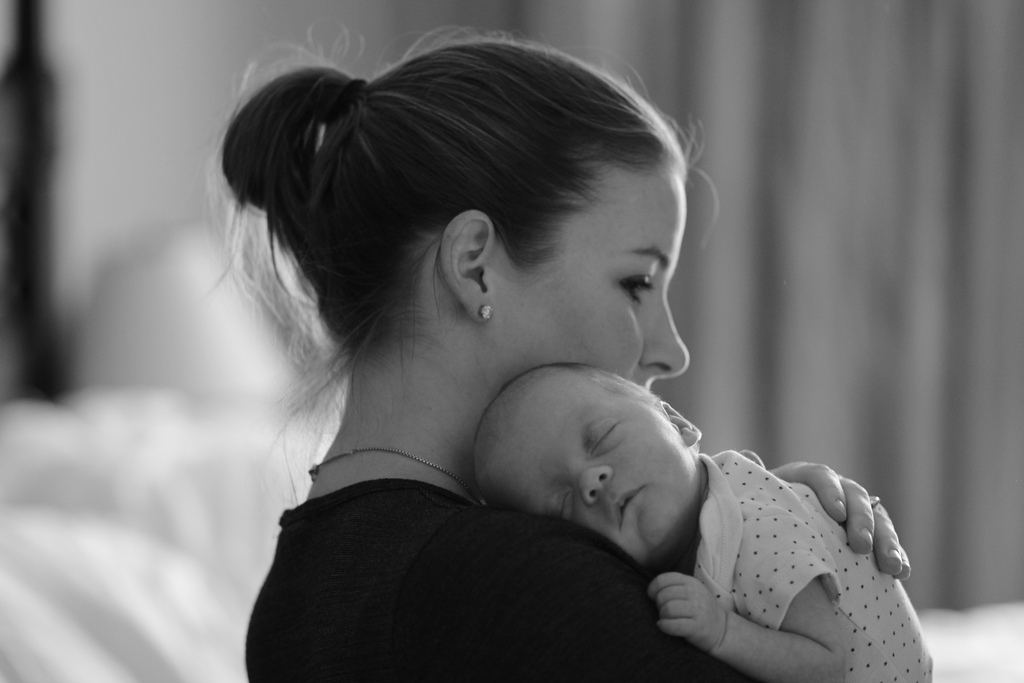A topic where parents are often compared. There are several stereotypes existing including this one! Let’s dive into it and get to know the exact scenario.
Historically, it was the mothers’ responsibility to raise their children. As a result, women are frequently thought to be better parents than men. However, times have changed, and both the father and the mother are now accountable for the children’s upbringing. From the moment a child is born, there is a greater tie between mother and child.
Even after the child is delivered, the attachment that a mother builds with her child throughout pregnancy is visible. Mothers will go to any length to ensure that their children are safe. This is in contrast to the dads, who are constantly distant. This is an argumentative essay in which the author argues that mothers are superior to fathers as parents.
Parenting Discrimination by Gender
The majority of fathers appear to have a shaky relationship with their children. Fathers are estranged from their children and can abandon them at any time, whereas mothers cannot. One of the reasons why fathers appear to be less committed to their children is that most men are unsure about the child’s paternity. There can never be any doubts in the minds of mothers. However, because of the gender difference, the father cannot be certain that the child is his.
Another factor for the lack of a deep link between a father and his children is that men have a higher proclivity for having children than women. Men can have children throughout their lives, however, women after menopause are unable to do so.
Why Do Women Have a Better Parenting Record Than Men?
In many cultures, the mother is supposed to care for the children while the father is required to provide for the family and establish discipline in the youngsters.
The children are so separated from their father because they fear him as a disciplinarian. Today, neither the father nor the mother is expected to play unique roles. In most households, both the father and the mother are equally responsible for the family’s well-being.
Due to divorce or the death of one parent, many families are left with only one parent. Because both parents work, the mother and father should share the responsibility of raising their children. Fathers, on the other hand, are rarely involved in their children’s upbringing.

Because mothers spend more time with their children, the youngsters build a stronger bond with them. The hormone oxytocin allows mothers to bond with their children more effectively than fathers. As long as the child is with the mother, he or she can feel safe. When the mother departs, the child becomes disturbed and sobs, but when she returns, the youngster is happy again.
Both parents must be actively engaged in the child’s upbringing. In any event, even mothers work, and both parents share the financial burden of supporting the family. As a result, males cannot abdicate their responsibility to nurture their children. Their role is critical on the basis of financial support.
Emotional Resonance on the Child
Men are less emotional than mothers. When their children are in distress, they are more compassionate and understanding. When their father is upset and wants to punish them, a mother may defend her children. As a result, children perceive their mother as a source of comfort and security. Father is approached whenever they require assistance.
When they have difficulty, they will always turn to her. The father is less emotional and has a lower proclivity to sympathize with the kids. As a result, people will be hesitant to confide in him about their problems. The mother is loved by the children more than the father. One could argue that being overly emotional and gentle with the children will spoil them.

Women have stronger child-rearing skills than men because it is what they have grown up doing. The roles of caring and nurturing are assigned by the parents to their daughters. As a result, by the time they reach adulthood, they will have mastered these talents. Girls will engage in motherly tasks as they grow older.
Boys, on the other hand, are unconcerned with positions like these. They prefer physical activities and machinery, which do not educate them to care for their children. As a result, they don’t know how to raise their children when they grow up.
Communication is the key and should not be overlooked
Women also communicate more effectively than men. Children need to be heard and understood as they get older. They must also be counseled and reprimanded. Women can achieve this by communicating well with their children.
Children may seek answers from sources other than their parents if there is a breakdown in communication between them and their parents. Peers and the media are examples of sources that can be deceiving. As a result, mothers will be seen as superior parents because their children would always prefer to confide in them about their concerns. Another reason why mothers are better parents is that men are less expressive than women.
Another reason women make better parents is that they are more aware of and sensitive to their children’s needs than men. When babies cry, moms’ maternal instincts will tell them what they require. It is difficult for a father to comprehend what a crying baby requires.

Women are more sensitive and compassionate than men. Parents must be sensitive and soothing to their children when they are going through difficult situations. Mothers are naturals at this, however, males are hesitant to display emotion for fear of being perceived as weak.
To Sum up
It is obvious from the preceding discussion that women play a larger part in child-rearing than men. There are a number of reasons why mothers are more essential in the family than fathers. They create the ideal atmosphere for a child’s healthy development. They do it by actively participating in the child’s upbringing from the moment he or she is born. Carrying a child from conception to birth creates a strong link between the mother and the child.
Mothers also provide comfort and sympathy to their children, which is important for their psychological development. Furthermore, women are more sensitive to and aware of children’s needs than men. Furthermore, mothers are outstanding communicators who are always willing to listen to their children’s worries.
In addition, they are more compassionate and less hostile toward children than men. Above all, women have maternal instincts, which cause them to continually be concerned about the protection of their children. Because of these characteristics, most children are more bonded to their moms than to their fathers. As a result, women make better mothers and fathers than men.
Share with your friends